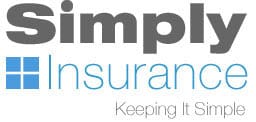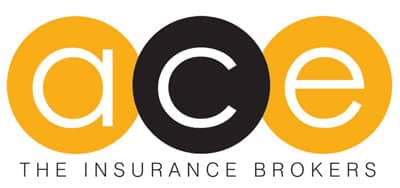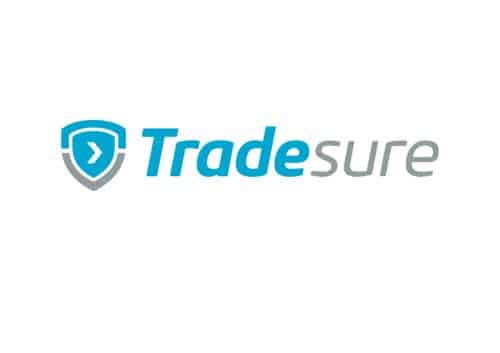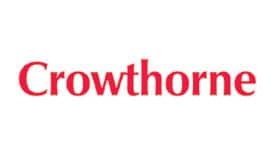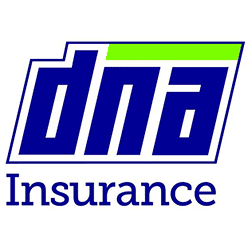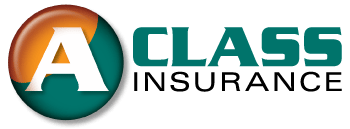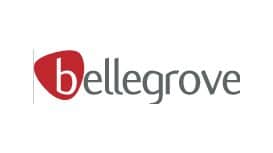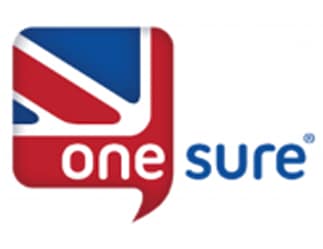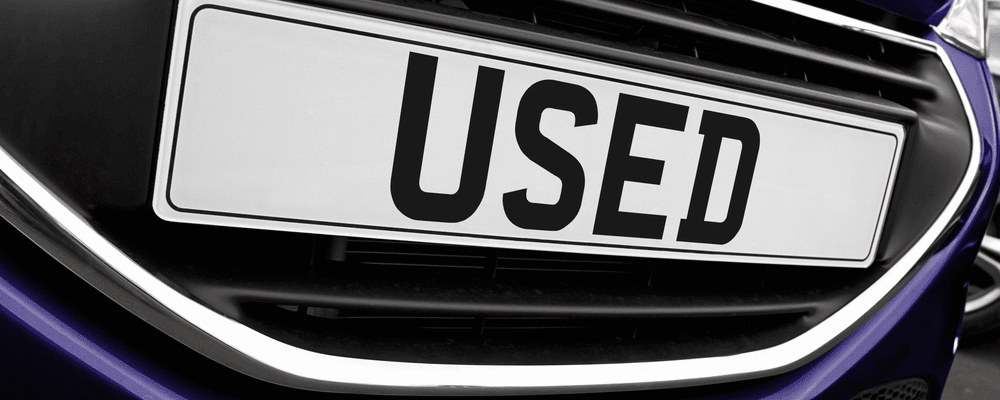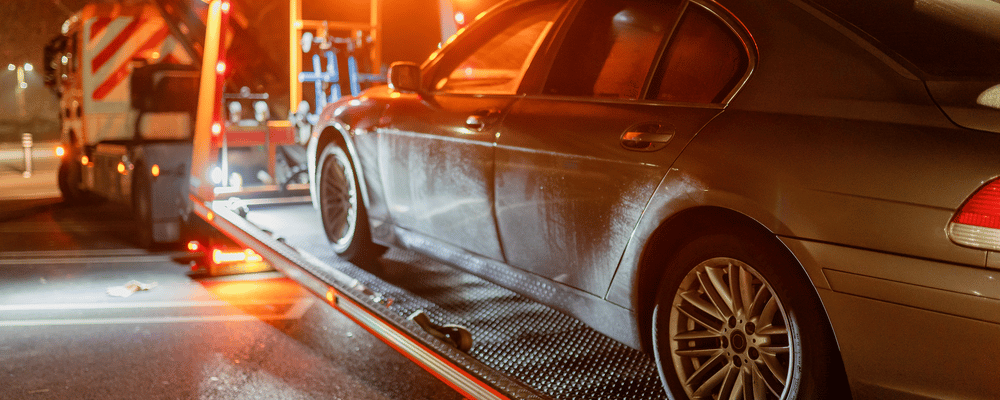Salvage Insurance
Compare cheap salvage insurance quotes online
- Complete one short form
- Quickly compare quotes
- Find a great deal today
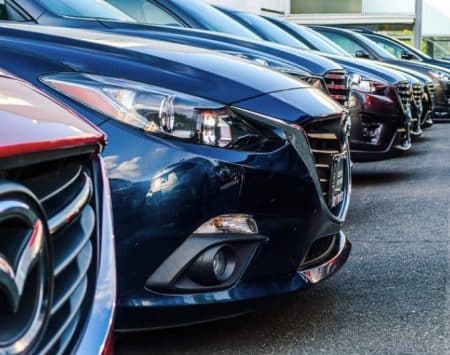
Low cost salvage insurance policies
There are a set of rules that govern vehicle salvage in the UK, with regulations that you must follow if your motor trade business involves auto salvage.
These strict processes are an indication of the risks relating to salvaging vehicles. If your business activities lead to an accident that results in someone getting injured or another vehicle getting written off, you could be liable to pay a hefty compensation fee.
For example, selling a salvaged car that is faulty and causes a serious accident that injures your customer, or transporting a salvaged car from one location to another and being involved in a crash.
However, with the right insurance cover in place, your business will be protected financially. Salvage insurance is a type of motor trade insurance that is suitable for businesses that specialise in vehicle salvage.
Working with insurance write-offs
There are different levels of risk associated with different categories of vehicles that are salvaged or scrapped. This inevitably has an impact on the type of insurance that is needed, and the associated costs of securing sufficient cover.
These categories are defined in the Vehicle Salvage Code, created by the Association of British Insurers (ABI) with contributions from various stakeholders including insurers, police, manufacturers, and professionals who work within the vehicle salvage industry itself.
The four categories of the Vehicle Salvage Code are:
Category A
A car in Category A is beyond repair, none of the car parts can be salvaged and the car should be crushed.
Category B
Some parts from a car in Category B can be salvaged, but the shell of the vehicle should be crushed.
Category S
There is structural damage to a vehicle in Category S that can be fixed but this may not be cost-effective from an insurance perspective. The car can be repaired and, as long as it is made roadworthy, can be resold and driven.
Category N
A vehicle in Category N is structurally sound and could be safe to drive. There may be problems with braking or steering, or damage may be cosmetic or related to electrical faults. The car can be fixed but this may not be cost-effective from an insurance perspective. If it is made roadworthy, it can be resold and driven again.
Changes to the code
Category N replaced what was formerly Category D, which stated that a car could be fixed but the cost to do this would be more than its value.
Similarly, Category S replaced what was formerly Category C, which stated that a car could be fixed for less than its value but the likelihood was that transportation and admin fees would bring the cost up beyond the car’s value.

Why salvage insurance is needed
Specifically created for businesses that work with salvaged vehicles, salvage insurance can help cover costs such as vehicle repair work after an incident, or the cost of legal fees and compensation if there is an accident that your business is responsible for.
Having the right type of cover in place ensures your business has support if there is an unforeseen problem or something goes wrong. In some scenarios, cases might be so serious that a member of the public or an employee could bring a claim to court.
Without insurance, you would be asked to cover these costs. Some compensation fees can run into the millions, but even smaller sums could financially ruin many businesses. Insurance protects against these financial risks.
Types of salvage business insurance
A salvage business insurance policy is not one-size-fits-all. Rather, you’ll be able to tailor the features you want to include in your policy by creating an insurance bundle.
You can include all the cover you need, and the type of insurance you take out should match your business activities. For example, if one of your team members dismantles cars as part of daily business operations, you need to reflect this by taking out cover for working with dangerous materials.
Features you might want to write into your salvage policy include:
Cover for driving salvaged vehicles
Road risk is one of the most common features that is included in motor trade insurance. This permits you to drive cars that don’t belong to you. You can add your employees as named drivers, and you can even extend this to cover you for driving business vehicles and driving cars for personal use, all wrapped up into one policy.
Liability cover
Employers’ liability is a legal necessity if you employ staff. This insurance protects you if your employee brings a claim against you. For example, if they are injured because of working at your salvage yard, or sustain a health problem that is caused or worsened by their work. Employers’ liability insurance can cover court fees as well as the cost of compensation if it is awarded.
Public liability is not a legal necessity, but some businesses deem it as essential. This type of insurance covers the cost of legal fees and compensation fees, which can be very expensive and can arise if a member of the public takes your business to court. Your business can be sued by a member of the public if, for example, they sustain an injury at your salvage yard because they tripped and cut themselves.
Product liability, similarly, is not a legal necessity. However, for businesses working with salvaged cars, it could be quite important. Product liability covers your business for court fees and compensation if a product you sell is faulty and causes an accident. Even if selling on faulty parts was done innocently and unintentionally, your business would be liable. Having cover in place for this possibility could save your business a lot of money.
Protecting your business
Business premises cover provides insurance for business properties such as a scrap yard or salvage yard, workshop, garage or office, providing financial compensation if unforeseen events cause damage. This could be due to incidents such as fires, floods or vandalism.
Contents cover is similar to business premises cover, but instead of providing insurance for the property, it covers the contents that are inside. For an office building, this may include technology like computers, laptops, mobile phones and printers, furniture like desks, cabinets and customer seating areas.
Equipment and tools cover is similar to contents cover but for specialist items such as tools, equipment that is used to salvage vehicles, and machinery, which can often be expensive. If this equipment is stolen or damaged, your insurance covers the cost of repairing or replacing it.
Business interruption cover should be a serious consideration for any motor trade business. It covers lost income if there is an incident that causes you to temporarily close your business, such as an unexpected event like a fire on site. Interruption cover enables your salvage business to continue paying staff and bills even in these circumstances, making it easier to pick up and continue business once your premises is restored.
The levels of salvage insurance your business needs
You can pick exactly which insurance features you require, which means your final policy might look very different from that of another vehicle salvage company.
However, some aspects of your insurance policy may be required by law, such as employers’ liability and road risk cover:
All other features of motor trade insurance are optional. You should match these to your business activities, and consider that additional cover can protect your financial losses.
The value of insurance you take out should balance with your indemnity level, which is the maximum amount of money your insurance firm would be willing to pay if you were to make a claim.
Your indemnity level is also called the sum insured, and it reflects the worth of the total items you are insuring, including your business premises and stock. Some insurance providers will have set limits and standard offerings, and requesting an increase could cause your premiums to rise.

How to find cheaper car salvage insurance
Salvage can be a risky business, not only in practical terms but also in financial terms.
Working with salvaged cars can pose a physical danger to the employees interacting with the vehicles, salvaged parts and scrap metal. Insecure premises could attract criminal activity such as theft.
Salvage businesses also take risks by working with vehicles that have been written off by insurance firms. Parts may be faulty and cars may not be fixed up or sold on easily.
Generally, a greater number of risks causes the price of insurance to rise. However, there are some simple ways to reduce your premiums.
- Only purchase what you need. When it comes to salvage insurance, the most important thing is that the level of cover you take out matches your business needs. There’s no point in overpaying for additional coverage that would never be needed. Be realistic when you balance your insurance needs with your business activities.
- Improve your security measures. Install CCTV, alarms, secure locking systems, and other features to reduce the chance of theft or vandalism due to break-ins at your business premises. This will have the immediate practical benefit of deterring criminals, whilst giving your insurance company confidence that there is less risk. In turn, they will usually lower your premiums.
- Adjust your offering to suit your insurer. Offer to pay your insurance in a single, annual payment rather than taking out a payment plan, and opt to pay a higher voluntary excess if you were to make a claim. Your insurance provider is likely to respond with lower rates.
- Compare insurance deals with Utility Saving Expert. Comparing policies online is the single best way to ensure your salvage business finds the cheapest insurance deals. You can find and switch to another insurance provider who offers more competitive rates in minutes.
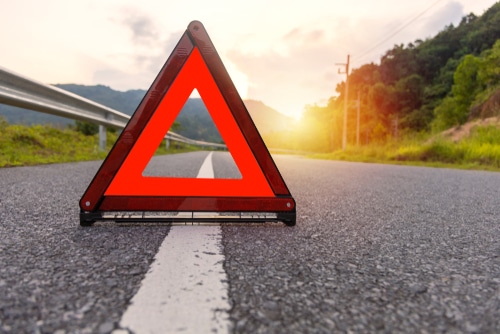 Road Risk Insurance
Road Risk Insurance
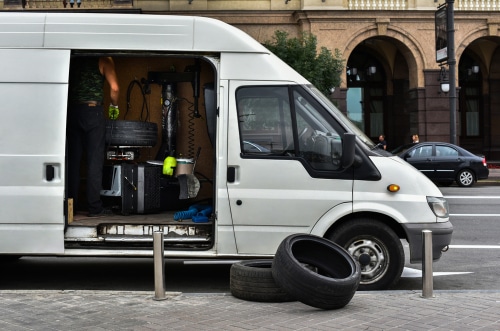 Mobile Mechanic Insurance
Mobile Mechanic Insurance
 Motorcycle Trade Insurance
Motorcycle Trade Insurance
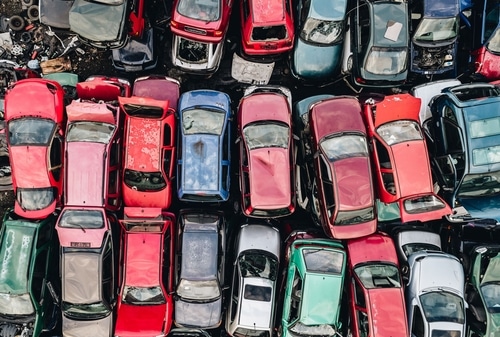 Salvage Insurance
Salvage Insurance
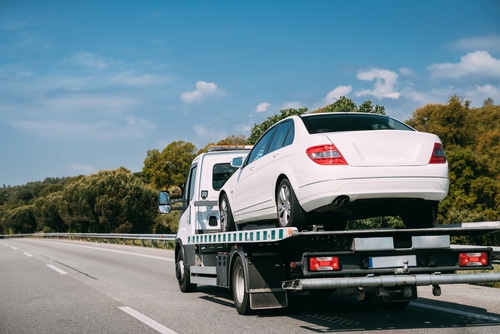 Recovery Truck Insurance
Recovery Truck Insurance
 Importing Insurance
Importing Insurance
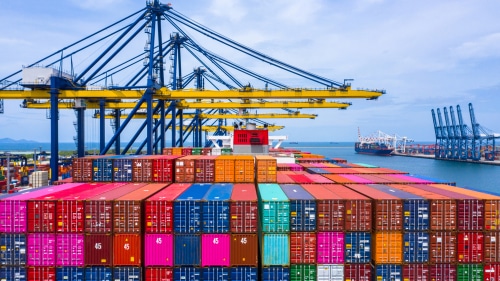 Exporting Insurance
Exporting Insurance
 Scrap Insurance
Scrap Insurance
 Part-Time Motor Trade Insurance
Part-Time Motor Trade Insurance
 Car Broker Insurance
Car Broker Insurance
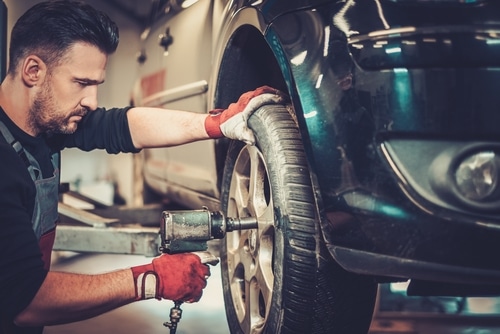 Tyre Fitter Insurance
Tyre Fitter Insurance
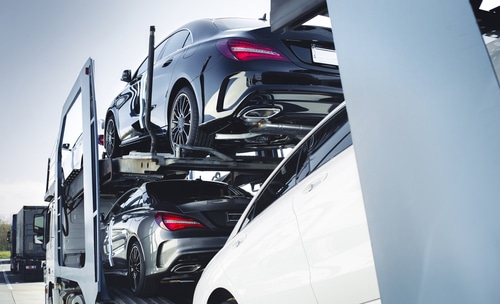 Vehicle Transportation Insurance
Vehicle Transportation Insurance
 Car Detailing Insurance
Car Detailing Insurance
 Car Jockey Insurance
Car Jockey Insurance
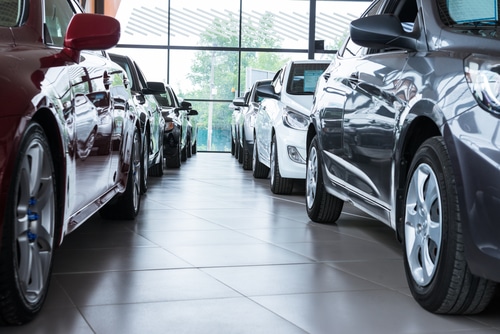 Car Dealer Insurance
Car Dealer Insurance
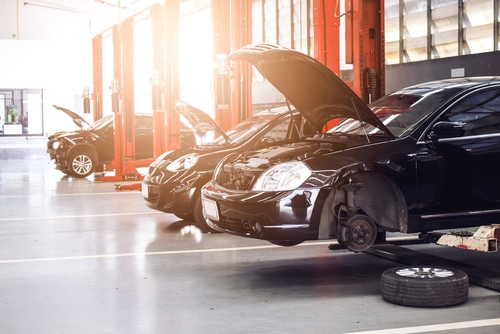 Car Repair Insurance
Car Repair Insurance
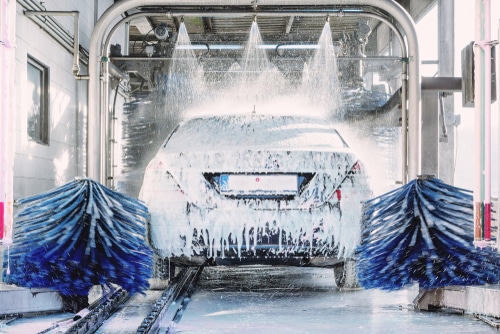 Valeting Insurance
Valeting Insurance
